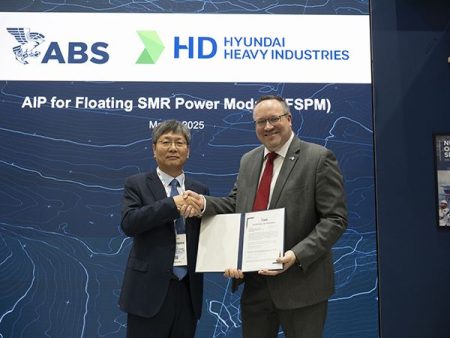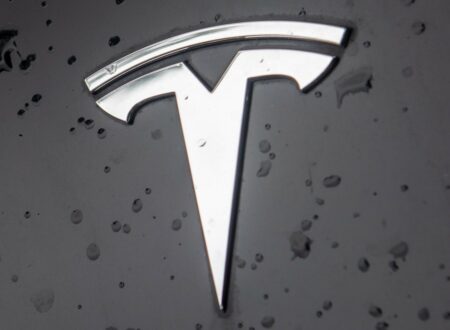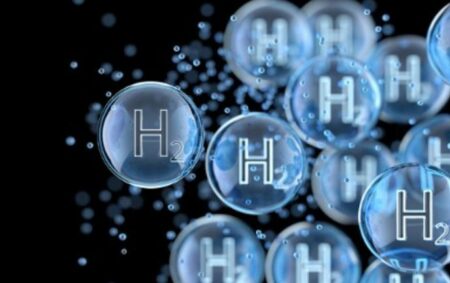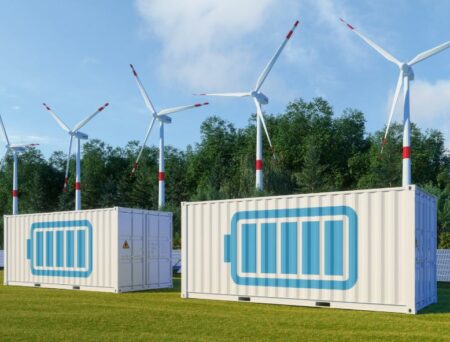Chinese scientists have propelled hydrogen fuel cell technology to new heights by developing a proton exchange membrane fuel cell with an ultra-high volumetric power density.
Led by Professor Jiao Kui from Tianjin University’s School of Mechanical Engineering, the research team’s innovation boasts a power density exceeding mainstream counterparts by over 80 percent.
The key to this extraordinary leap lies in the meticulous redesign of the proton exchange membrane fuel cell’s architecture. The team introduced novel components and optimized the routes for gas, water, electricity, and heat transfer. By leveraging cutting-edge technology, they crafted an ultra-thin fuel cell with exceptional power density.
Traditional gas diffusion layers and flow channels were replaced with an ultra-thin carbon nanofiber film produced through electrospinning technology and metal foam. This strategic shift resulted in a staggering 90 percent reduction in the thickness of the membrane electrode assembly, significantly slashing mass transfer losses caused by reactant diffusion. The net effect was a near doubling of the volumetric power density of the fuel cell.
The research team estimates that the peak volumetric power density of the fuel cell stack, utilizing the newly developed structure, will reach an impressive 9.8 kilowatts per liter. This represents a remarkable achievement in the quest to increase the power density of hydrogen fuel cells, a longstanding technical challenge in the field of clean energy.
Hydrogen fuel cells have long been hailed as a cornerstone of the hydrogen energy revolution. However, enhancing their volumetric power density has posed a formidable obstacle. With this breakthrough, not only does it set a new benchmark for proton exchange membrane fuel cell technology, but it also marks a promising stride forward in the broader landscape of clean energy.
The significance of this achievement is underscored by its publication in Joule, an international authoritative energy research journal. The findings, disclosed on Thursday, amplify the global impact and recognition of China’s strides in advancing hydrogen fuel cell technology.
As the world grapples with the imperative of transitioning to cleaner energy sources, China’s breakthrough serves as a beacon of innovation, promising a cleaner and more sustainable future.








